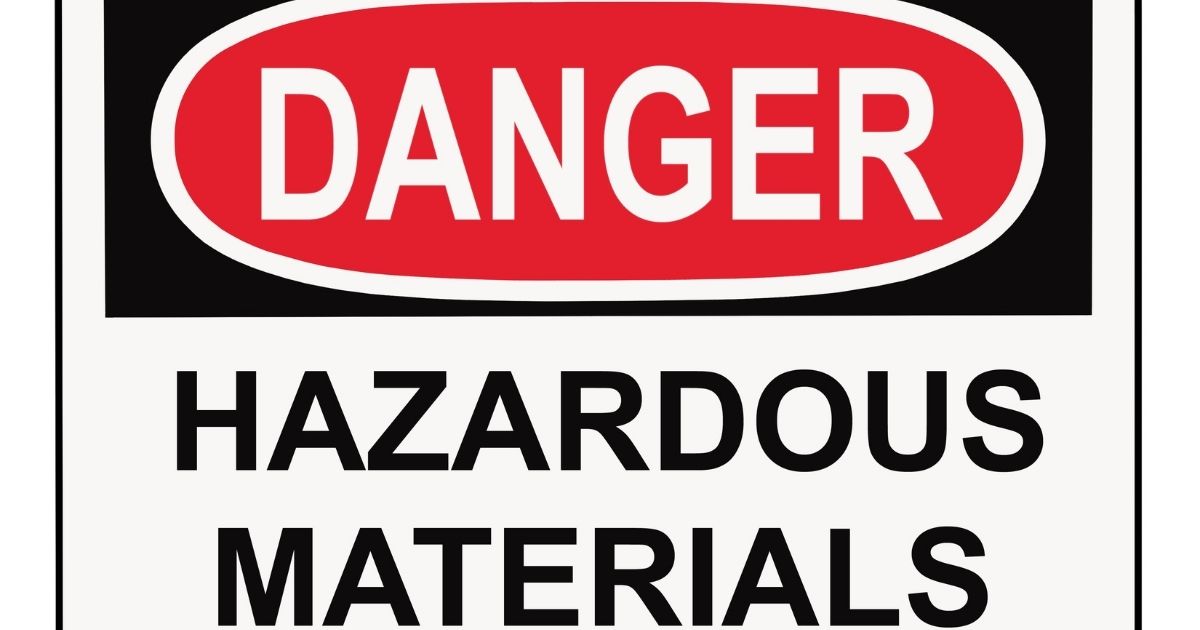MENU
- Home
- Overview
- Attorneys
- Practice Areas
- Firm News
- Blog
- Contact

Beryllium exposure is a serious concern. Beryllium is a dangerous substance, and a toxic tort case may be pursued if an injury or illness resulted because of another party’s negligent actions. Usually, negligence arises in the workplace regarding toxic torts. Beryllium exposure has been known before the 1960’s, but there is no way to estimate how many exposed individuals may later develop chronic beryllium disease (CBD).
Beryllium is a rare metal element naturally found in gemstones, such as emeralds and aquamarine, and it is very important to the U.S. defense industry. Beryllium’s physical properties make it lighter than aluminum but stronger than steel. A block of beryllium looks solid, but it is as light as plastic foam. It is an excellent electrical conductor for electronic and computer uses. Today, there is little danger to consumers, but workers who manufacture and process beryllium can be exposed.
Dental lab workers have developed CBD from grinding crowns and bridges with this metal or its alloys. A worker in a metal recycling plant got CBD. A foundry machinist got it too. Alarmingly, this disease is found in the manufacturing stage of consumer products that need light weight and superior strength.
Disease from beryllium exposure can result in acute beryllium disease (ABD) or CBD. The Occupational Safety and Health Administration (OSHA) guidelines for beryllium and its dust and vapors were often not followed. Employers did not install air monitors or mandate blood tests for exposed workers. In 2018, the OSHA issued workplace guidelines for beryllium exposure and increased screening for early detection.
The Centers for Disease Control and Prevention (CDC) examined beryllium in the workplace and found that it can cause lung cancer in workers in beryllium plants. The number of those with acute exposure in these plants has gradually declined.
ABD is rare and sudden, and symptoms may include pneumonitis, coughing, breathlessness, and a sore throat. At times, there may be skin or eye irritations. Severity of this disease depends on the duration of the exposure and its concentration levels.
CBD, a long-term exposure disease, is a type of metal poisoning generally due to inhaling beryllium dust or vapors. CBD occurs slowly with an abnormal and exaggerated immune response by the victim. It can cause breathing problems and heart disease. CBD has symptoms of inflammatory masses or nodules in tissues or organs and scarring of the lung tissues. Other symptoms include a dry cough, breathing problems, weight loss, fatigue, night sweats, enlargement of lymph nodes, and chest pain.
Beryllium’s toxic effects can be found in certain industries, like electronics, high-tech ceramics, metals extraction, dental alloy preparation, recycling of metals and in the manufacture of commonplace items, like cellphone components and golf clubs. While occupational safety precautions have had a mitigating effect, the chronic disease from long-term exposure can result in the same percentage of diseased workers as with the acute form. Over time, CBD can cause severe lung damage, liver damage, and even life-threatening complications.
Handling a finished product containing beryllium or its alloys is not exposure from a health prospective, but if the product has beryllium dust on it, there is a chance of exposure. In the instance of a beryllium alloy, the alloy can be as dangerous as if it was pure beryllium. Studies found that security guards, secretaries, and even bystanders in the workplace have developed CBD. Breathing in what would be a trivial amount of beryllium dust or fumes can bring on hypersensitivity and CBD.
In workplaces where beryllium or its alloys are present, employees should be aware of CBD. However, there are others who need to pay attention to their general health for symptoms that are identified with CBD. There are other types of individuals who may be exposed to beryllium or its alloys:
CBD does not always follow beryllium exposure. Current research shows that a small percentage of those with beryllium hypersensitivity have certain genetic variations. Having these genetic variations may result in increased susceptibilities to CBD among workers being exposed to beryllium in any form.
Importantly, workers who may have been exposed should know that the medical literature says CBD exposure has been unrecognized and misdiagnosed. If the worker has a previous medical diagnosis of sarcoidosis, a doctor must be consulted to examine the person’s work history and consider if the correct diagnosis is CBD.
There is no cure for CBD, but an early diagnosis can be critical to a health care plan. There are medications for treatment. Medication can control the disease’s progression. Corticosteroids are prescribed to suppress the immune system response. Anyone with the hypersensitivity to exposure should speak with their doctor to consider evaluation at the few hospitals that specialize in beryllium-induced lung disease.
If one works in a workplace with beryllium or its alloys, the known danger from fumes and vapors can cause CBD. These workplaces include:
This list is not all of the types of workplaces that may contain beryllium. A worker needs to be diligent to guard against beryllium exposure. If a workplace may involve unnecessary and dangerous beryllium exposure or if symptoms of the disease are present, a victim should contact a lawyer.
Beryllium exposure can cause severe adverse health complications. If you were exposed to this toxin and have an illness, call the Wilmington toxic tort lawyers at Jacobs & Crumplar, P.A. for help with your case. We can help you prepare and go to trial if you were exposed to beryllium and have developed a debilitating illness. Contact us online or call us at 302-656-5445 for a free consultation. Located in Wilmington and Millsboro, Delaware, we serve clients throughout Dover, New Castle County, and Sussex County.